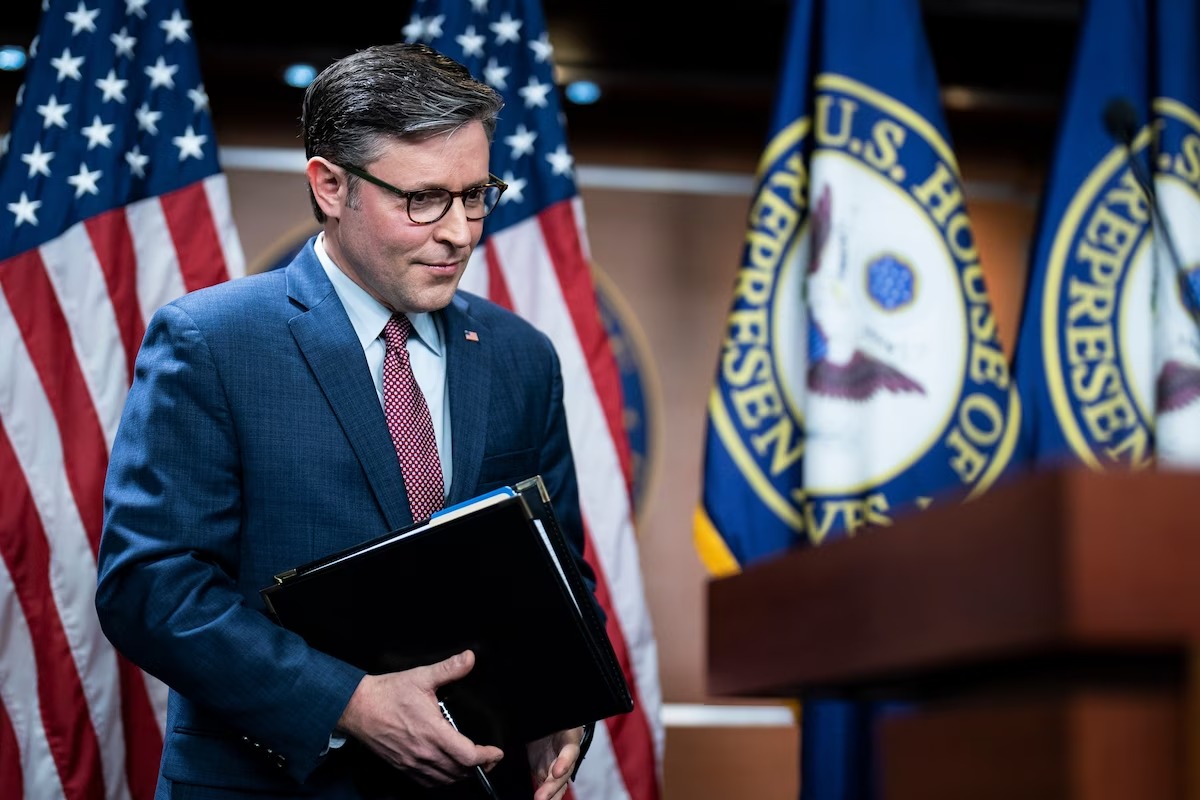Leaders in both parties are scrambling to reach a deal on government spending as the deadline approaches, raising concerns about a potential shutdown. Congress faces two looming funding deadlines, one on March 1 for certain agencies and another on March 8 for the rest, leaving little time for negotiations.
Speaker Mike Johnson (R-La.) has been working to avoid a shutdown since taking office in October but is facing pressure from conservative members of his party who are pushing for right-wing policy riders that Democrats reject. Some observers fear that this current fight poses the greatest shutdown threat of this Congress.
Party leaders have expressed confidence that they will reach an agreement to avoid disruptions to government operations. However, disagreements between the parties remain, and Johnson is under pressure to address the demands of his conservative wing while also negotiating with Democrats.

GOP Member (Credits: The Hill)
Rep. Patrick McHenry (R-N.C.) described the current shutdown threat as “a preventable disaster” that could have been avoided if spending bills had been passed late last year. He urged Johnson to resist the demands from conservatives and move forward with agreements reached through negotiations.
The debate over government spending is also a challenge for Johnson, who is facing similar issues that led to the removal of his predecessor. His options are risky, as bringing bipartisan spending compromises to the floor could lead to backlash from conservatives while blocking these bills could result in a shutdown that would benefit Democrats.
Conservatives are demanding policy riders that Democrats have rejected, leading to concerns that an agreement may not be reached in time to prevent a shutdown.
Some conservatives are already considering a one-year continuing resolution that would trigger a 1 percent cut across the board beginning in April, a move opposed by Democrats and some GOP defense hawks.
The spending debate is also significant on the campaign trail, where Republicans are trying to demonstrate their ability to govern effectively. Some vulnerable GOP lawmakers are urging Johnson to act quickly to prevent a shutdown.
Another potential issue in the debate is sending additional aid to Ukraine, which has divided lawmakers. Johnson had opposed a Senate-negotiated foreign-aid-plus-border-security bill, and conservatives are still pushing for policies similar to those in a border package passed last year.
As lawmakers face their fourth shutdown showdown this Congress, frustration is mounting over the inability to complete this basic task. The debate over appropriations bills has become a critical issue of job performance, highlighting the challenges of governing in a divided Congress.























